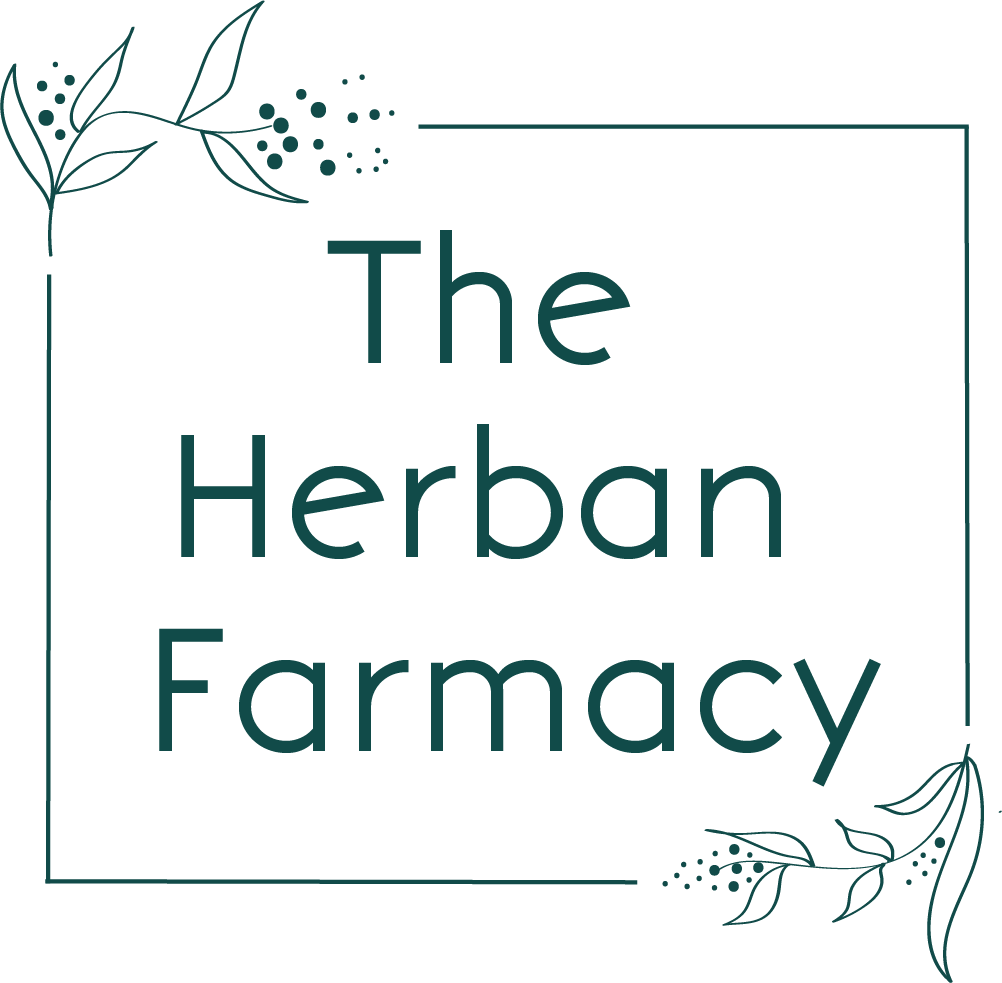Glutathione: Boosting Levels Naturally & The Power of Lifestyle and Diet
Gluta-what?
Glutathione is often referred to as the body's master antioxidant and plays a crucial role in maintaining overall health and well-being. It is a powerful molecule produced naturally within our cells and is responsible for neutralizing harmful free radicals, supporting the immune system, detoxification, and promoting cellular repair. While the body can produce its own glutathione, certain lifestyle choices and dietary habits can influence its production. Let’s learn about the significance of glutathione, how lifestyle and diet affect its levels, and which foods can help enhance glutathione production.
Understanding Glutathione: Glutathione is composed of three amino acids: cysteine, glycine, and glutamine. It acts as a primary antioxidant by scavenging free radicals and protecting our cells from oxidative stress. Moreover, glutathione supports the immune system's function, aids in detoxification by binding and eliminating toxins, and promotes optimal cellular function and repair.
The Role of Lifestyle and Diet:
Exercise: Regular physical activity stimulates glutathione production, helping the body combat oxidative stress caused by intense workouts. Aim for a balanced exercise routine that includes cardiovascular activities, strength training, and flexibility exercises.
Sleep and Stress Management: Sufficient sleep and effective stress management contribute to healthy glutathione levels. Chronic stress and lack of sleep can deplete glutathione reserves, compromising its benefits. Prioritize quality sleep and engage in stress-reducing practices like meditation, deep breathing, or hobbies that promote relaxation.
Avoid Toxins: Minimizing exposure to toxins and pollutants is crucial for maintaining optimal glutathione levels. Limit exposure to cigarette smoke, environmental toxins, pesticides, and household chemicals, as these can deplete glutathione reserves and hinder its production.
Foods That Enhance Glutathione Production:
Sulfur-Rich Foods: Glutathione synthesis heavily relies on sulfur-containing amino acids. Include foods like garlic, onions, cruciferous vegetables (broccoli, cauliflower, Brussels sprouts), and leafy greens (spinach, kale, collard greens) to support glutathione production.
Cruciferous Vegetables: Broccoli, cabbage, and cauliflower contain a compound called sulforaphane that helps boost glutathione levels. These vegetables also provide essential nutrients that support overall health.
Nuts and Seeds: Walnuts, almonds, flaxseeds, and chia seeds are rich in antioxidants, healthy fats, and vitamin E, which can indirectly support glutathione production by reducing oxidative stress.
Citrus Fruits: Citrus fruits such as oranges, grapefruits, and lemons are high in vitamin C, a nutrient that plays a vital role in recycling and preserving glutathione levels in the body.
Turmeric: This vibrant spice contains curcumin, a potent antioxidant that can help enhance glutathione production. Add turmeric to your dishes or consider taking a curcumin supplement.
If you want to learn about all of these lifestyle modalities more in depth so you can have an abundance of glutathione in your body, I highly suggest registering for The National Health Association conference so you can optimize your wellness naturally. Working with me is also a great way to assist you on your journey to health and will be an ongoing supportive resource to have in your holistic wellness tool belt.
Maintaining optimal glutathione levels is essential for overall health and well-being. By adopting a healthy lifestyle, engaging in regular exercise, managing stress, and consuming a diet rich in sulfur-containing foods, cruciferous vegetables, nuts, seeds, citrus fruits, and turmeric, you can support your body's natural glutathione production. Prioritizing these lifestyle and dietary choices will provide a solid foundation for robust antioxidant defenses, cellular repair, and long-term wellness.
Remember, it is always advisable to consult with a care team or Nutritionist before making significant dietary changes or introducing supplements to your routine to ensure they align with your specific needs and health conditions.
Need Lifestyle Change For Yourself?
Work with me to change the way you look at wellness.


